FEMICIDE Volume X: Contemporary Forms of Enslavement of Women & Girls
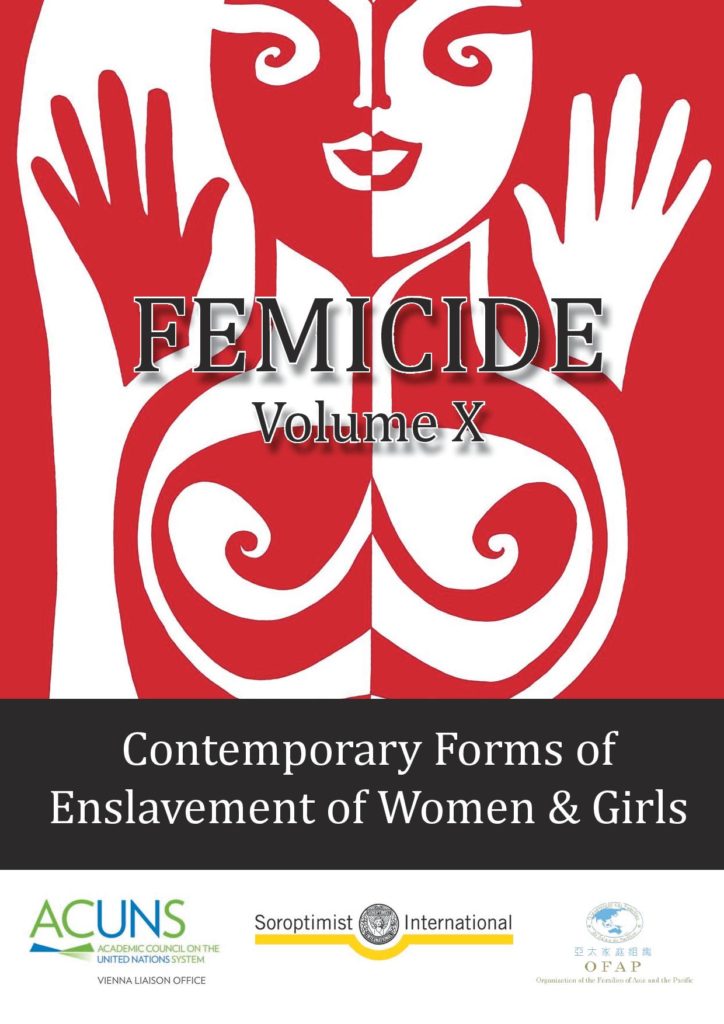
Slavery did not officially end with its formal abolition in the 19th century; on the contrary it has proved to be a very dynamic phenomenon that has changed forms and structure and that has persisted throughout the world to this very day. According to Anti-Slavery International, an estimated 40.3 million people are subjected to different […]
Gender Perspectives on Torture: Law and Practice

A comprehensive understanding of the unique ways in which society’s most vulnerable persons are affected by torture and other cruel, inhuman or degrading treatment or punishment (ill-treatment) requires the recognition of a gendered analysis and framework that fully encapsulates these atrocities. [gview file=”http://afakneswiah.org/wp-content/uploads/2020/02/CHECKED-Gender-Perspectives-on-Torture_Publication.pdf”]
Global Childhood Report 2019
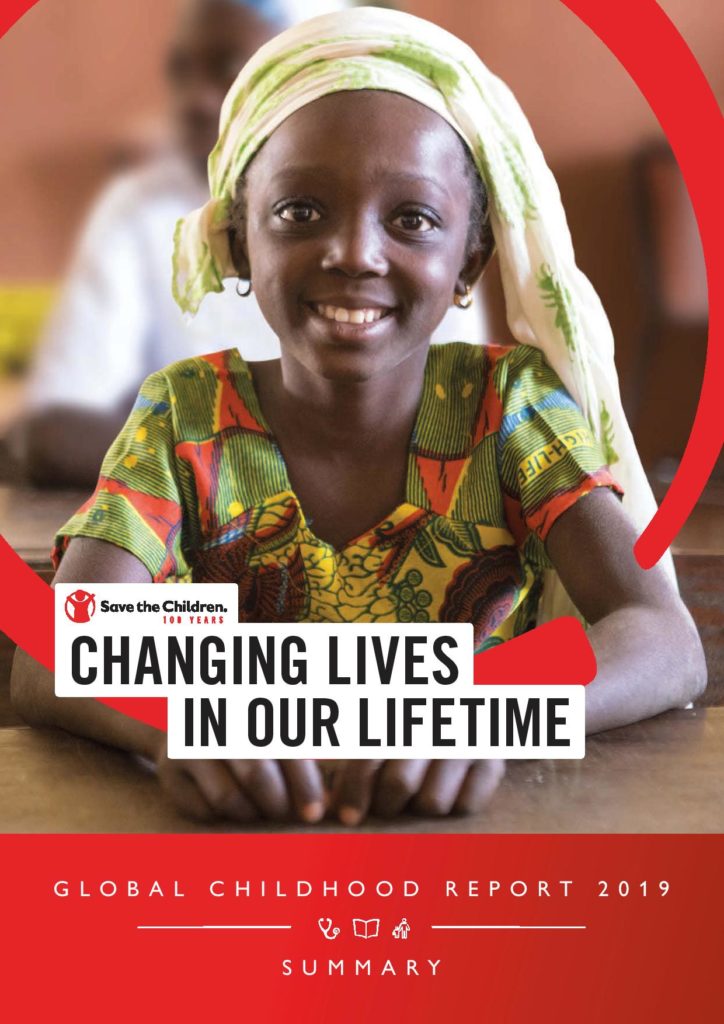
Children born today have a better chance than at any time in history to grow up healthy, educated and protected, with the opportunity to reach their full potential. Even a generation ago, a child was twice as likely to die before reaching age 5,70 percent more likely to be involved in child labor and 20 […]
Applying the Concept of the Informal Economy to Labour Market Changes in Developed Countries: What Can Be Learned
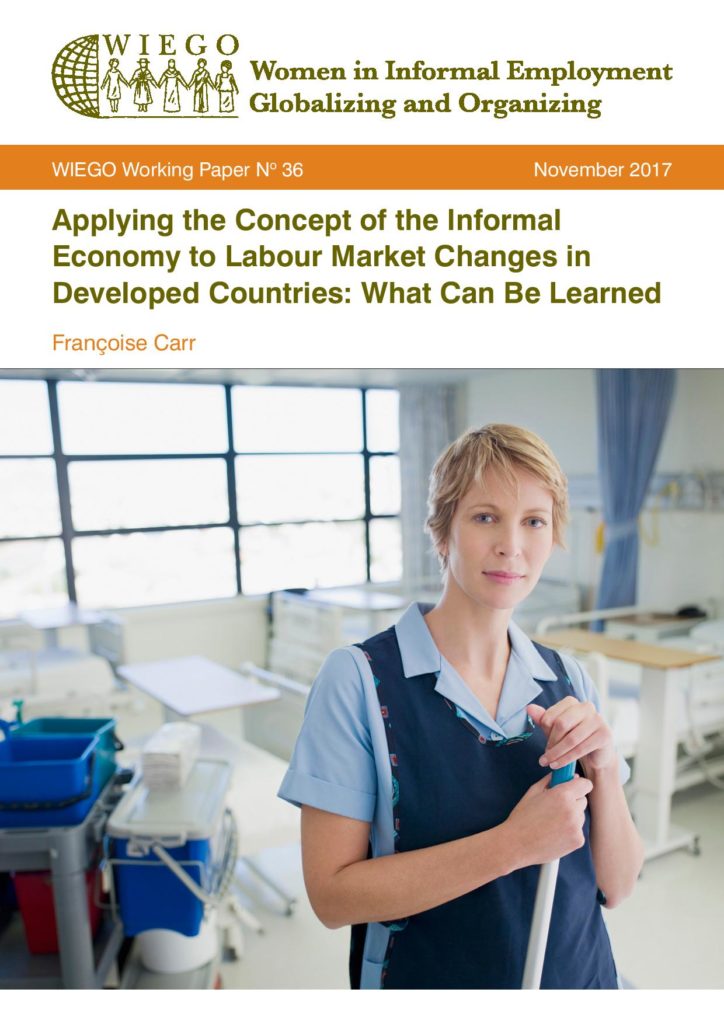
The concept of the informal economy, and informal employment within it, was built to account for apparent contrasts and, some said, disjuncture or divide across economic activities and jobs in developing economies. The reality which they aimed to analyze challenged existing perceptions of developing economies’ labour markets and also their likely trajectories going forward. […]
Women responders Placing local action at the centre of humanitarian protection programming
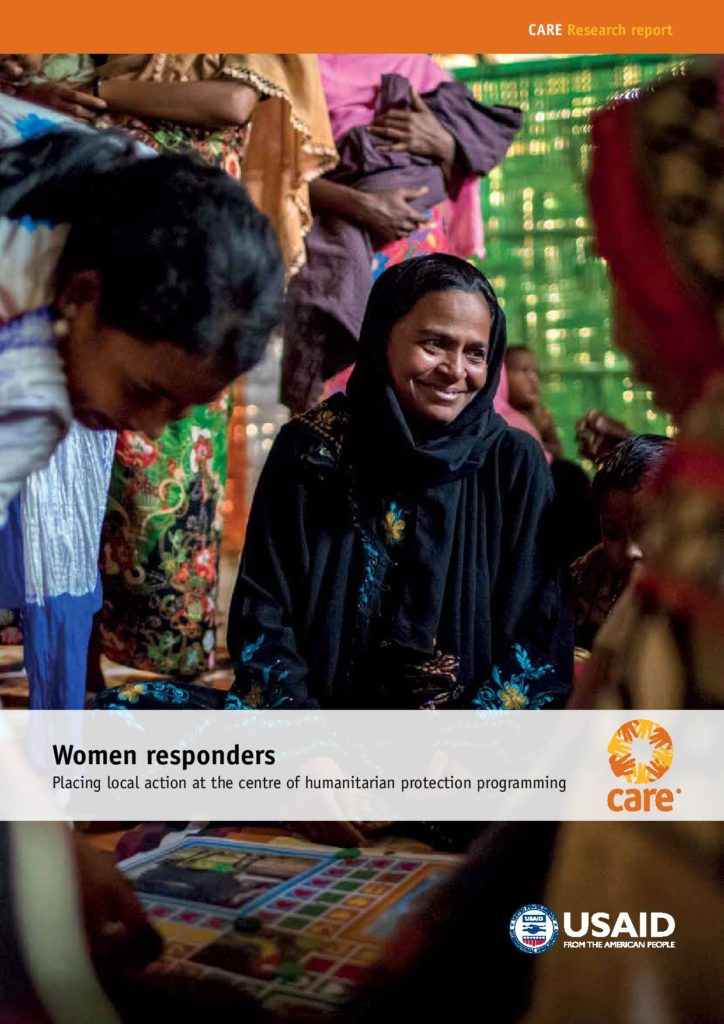
In light of commitments to localisation in ‘The Grand Bargain’ in 2016, recent years have seen increasing discourse on how the aid community can transform the humanitarian system and shift towards preparedness and response that are driven by local actors. In parallel, rather than simply viewing women and girls as passive beneficiaries of assistance, there […]
THE STATE OF THE FOOD SECURITY AND NUTRITION IN THE WORLD 2019
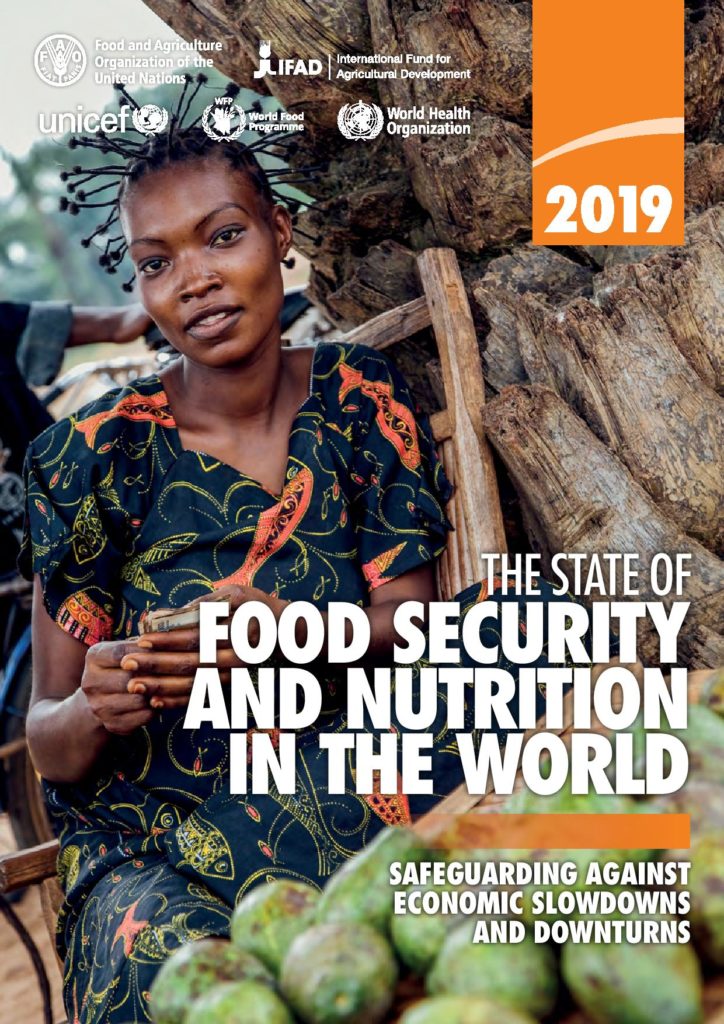
The world population has grown steadily, with most people now living in urban areas. Technology has evolved at a dizzying pace, while the economy has become increasingly interconnected and globalized. Many countries, however, have not witnessed sustained growth as part of this new economy. The world economy as a whole is not growing as much […]
BRIDGING THE DIGITAL GENDER DIVIDE
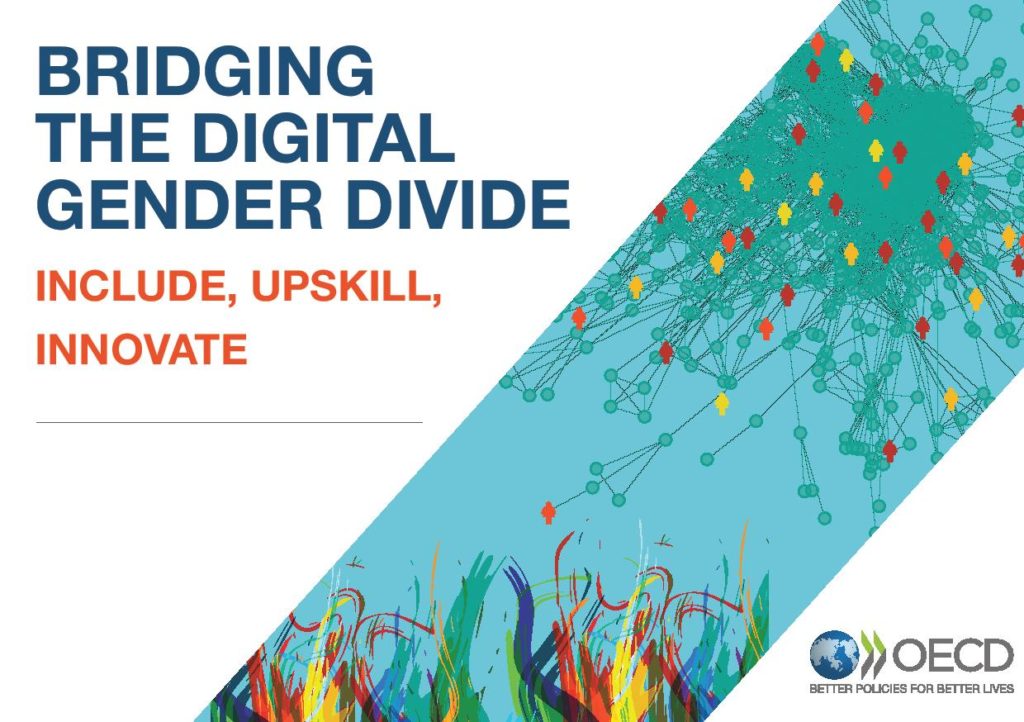
This brochure is based on a report produced at the request of the Australian Government contributing to the advancement of the 2017 G20 Roadmap for Digitalisation: Policies for a Digital Future, in particular its dimension on supporting the equitable participation of women in the digital economy. [gview file=”http://afakneswiah.org/wp-content/uploads/2020/01/bridging-the-digital-gender-divide-key-messages.pdf”]
Engaging with research for real impact: The state of research in the INGO sector and ways forward for better practice
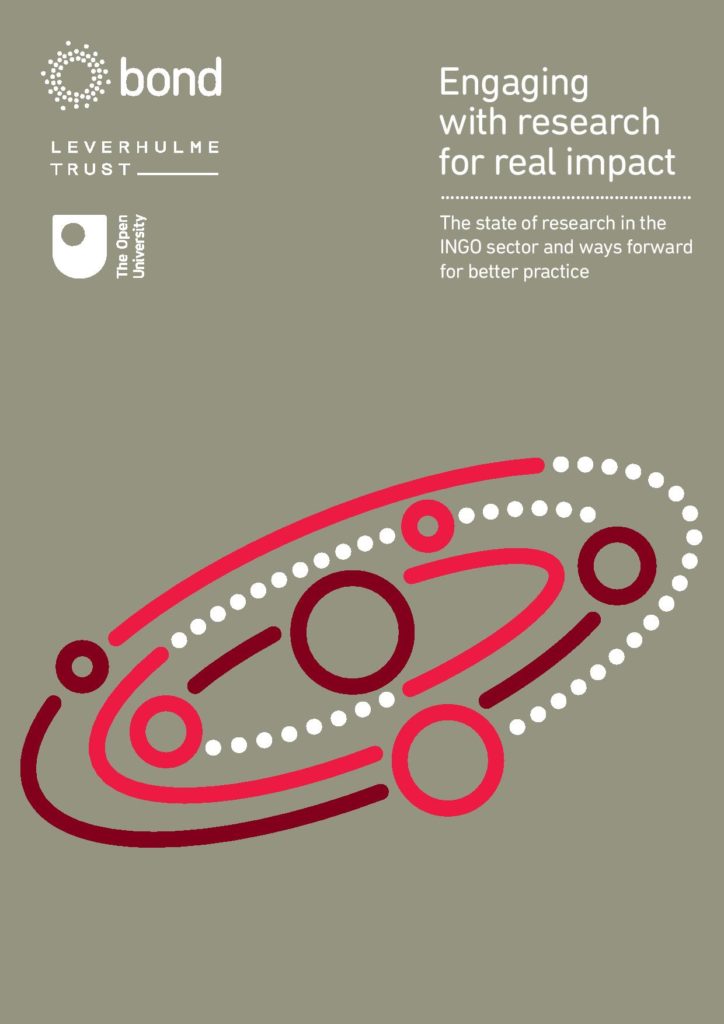
Research is more important than ever to international non-governmental organisations (INGOs), who need evidence to plan their work and provide proof of their impact. INGOs are increasingly turning to research as a resource for assessing and improving their activities as well as organisational structures and strategy. [gview file=”http://afakneswiah.org/wp-content/uploads/2020/01/bond_engaging_with_research_for_real_impact.pdf”]
Body, sexuality and reproduction in a changing context: Advocacy notes from DAWN
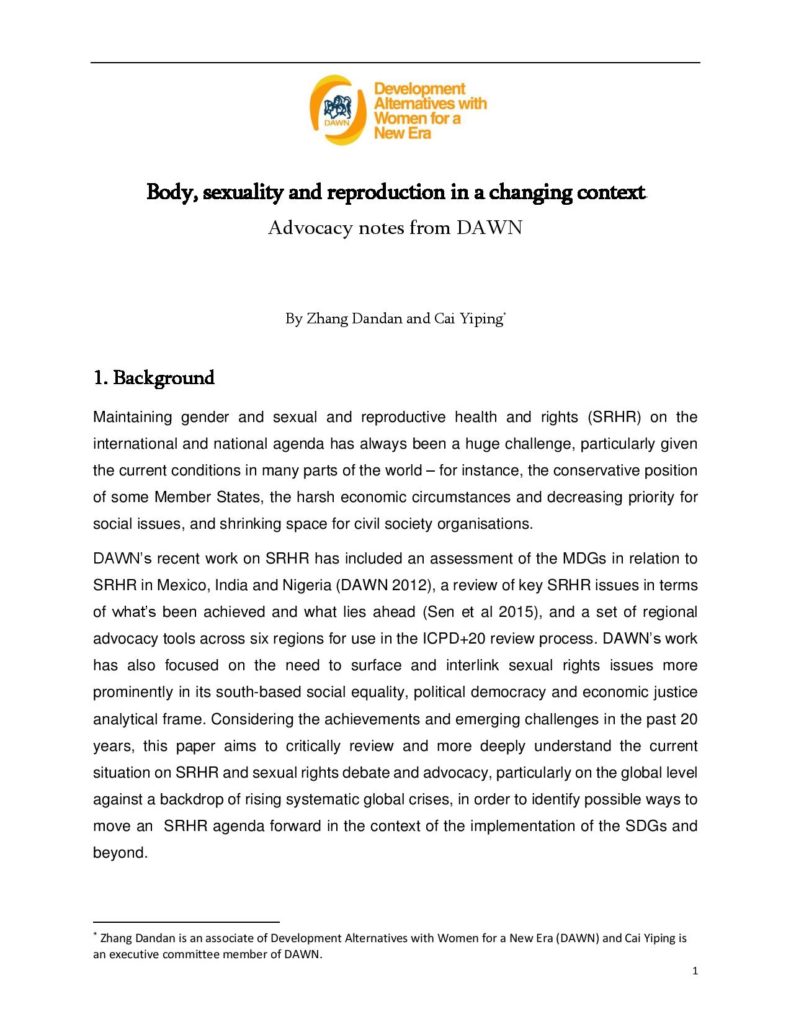
Maintaining gender and sexual and reproductive health and rights (SRHR) on the international and national agenda has always been a huge challenge, particularly given the current conditions in many parts of the world – for instance, the conservative position of some Member States, the harsh economic circumstances and decreasing priority for social issues, and shrinking […]
Expanding the agenda for addressing mistreatment in maternity care: a mapping review and gender analysis
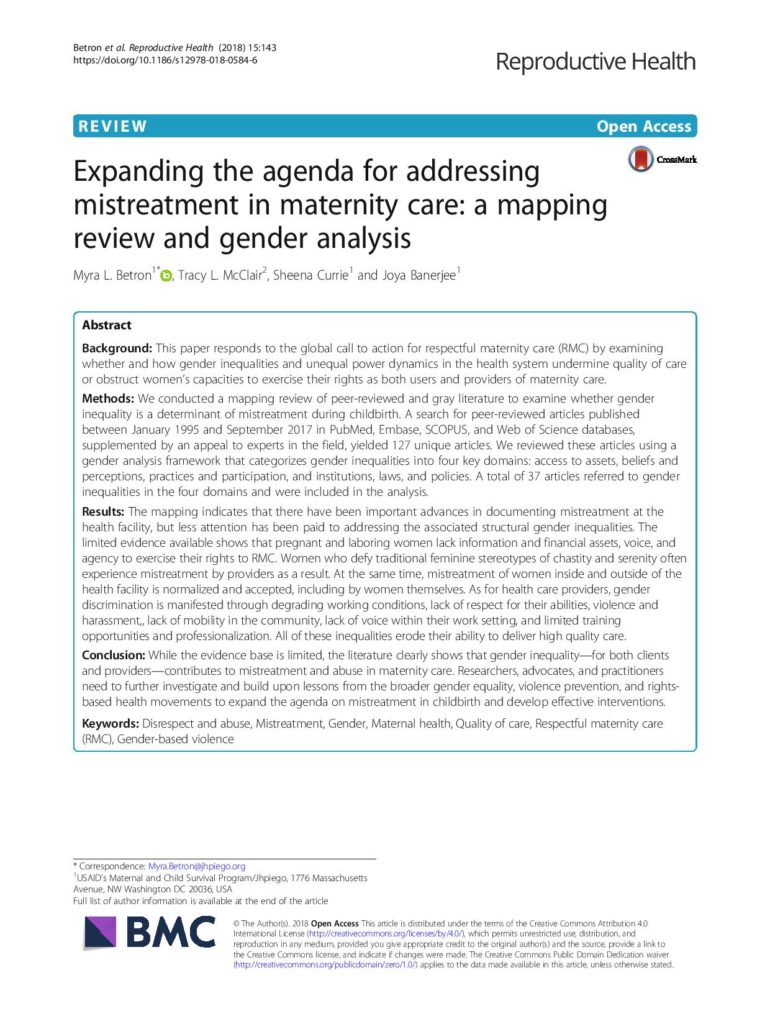
This paper responds to the global call to action for respectful maternity care (RMC) by examining whether and how gender inequalities and unequal power dynamics in the health system undermine quality of care or obstruct women’s capacities to exercise their rights as both users and providers of maternity care. [gview file=”http://afakneswiah.org/wp-content/uploads/2020/01/Betron_et_al-2018-Reproductive_Health.pdf”]
